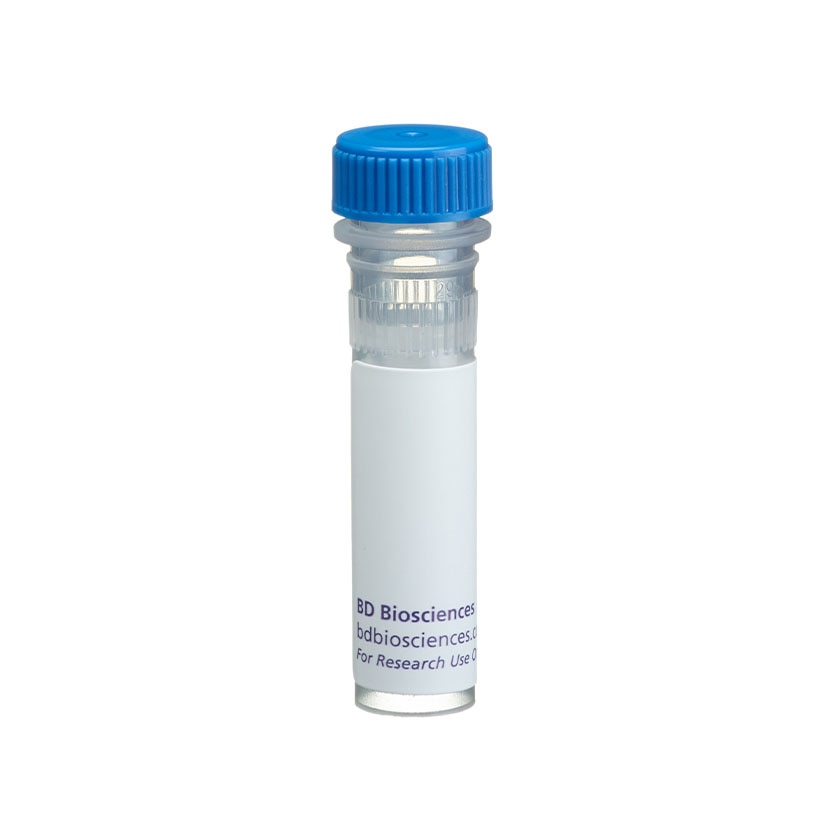-
Reagents
- Flow Cytometry Reagents
-
Western Blotting and Molecular Reagents
- Immunoassay Reagents
-
Single-Cell Multiomics Reagents
- BD® OMICS-Guard Sample Preservation Buffer
- BD® AbSeq Assay
- BD® Single-Cell Multiplexing Kit
- BD Rhapsody™ ATAC-Seq Assays
- BD Rhapsody™ Whole Transcriptome Analysis (WTA) Amplification Kit
- BD Rhapsody™ TCR/BCR Next Multiomic Assays
- BD Rhapsody™ Targeted mRNA Kits
- BD Rhapsody™ Accessory Kits
- BD® OMICS-One Protein Panels
-
Functional Assays
-
Microscopy and Imaging Reagents
-
Cell Preparation and Separation Reagents
-
- BD® OMICS-Guard Sample Preservation Buffer
- BD® AbSeq Assay
- BD® Single-Cell Multiplexing Kit
- BD Rhapsody™ ATAC-Seq Assays
- BD Rhapsody™ Whole Transcriptome Analysis (WTA) Amplification Kit
- BD Rhapsody™ TCR/BCR Next Multiomic Assays
- BD Rhapsody™ Targeted mRNA Kits
- BD Rhapsody™ Accessory Kits
- BD® OMICS-One Protein Panels
- New Zealand (English)
-
Change country/language
Old Browser
Looks like you're visiting us from United States.
Would you like to stay on the current country site or be switched to your country?
BD Transduction Laboratories™ Purified Mouse Anti-Lck
Clone 28/Lck (RUO)




Western blot analysis of Lck on jurkat lysate. Lane 1: 1:5000, lane 2: 1:10000, lane 3: 1:20000 dilution of Lck.

Jurkat


BD Transduction Laboratories™ Purified Mouse Anti-Lck

BD Transduction Laboratories™ Purified Mouse Anti-Lck

Regulatory Status Legend
Any use of products other than the permitted use without the express written authorization of Becton, Dickinson and Company is strictly prohibited.
Preparation And Storage
Product Notices
- Since applications vary, each investigator should titrate the reagent to obtain optimal results.
- Please refer to www.bdbiosciences.com/us/s/resources for technical protocols.
- Caution: Sodium azide yields highly toxic hydrazoic acid under acidic conditions. Dilute azide compounds in running water before discarding to avoid accumulation of potentially explosive deposits in plumbing.
- Source of all serum proteins is from USDA inspected abattoirs located in the United States.
The p56[lck] protein kinase is a member of the src family of cytoplasmic protein-tyrosine kinases (PTKs). Members of this family have several common features: 1) unique N-terminal domains, 2) attachment to cellular membranes through a myristylated N-terminus, and 3) homologous SH2, SH3, and catalytic domains. Within the src family of PTKs, lck, fyn, and Yes are expressed in T cells. The unique N-terminal domain of p56[lck] interacts with the cytoplasmic tails of the CD4 and CD8 cell surface glycoproteins. CD4 and CD8 bind to surface major histocompatibility complex (MHC) class II and class I molecules, respectively. These complexes interact with the T cell antigen receptor (TCR) in the early stages of T cell activation. In addition, an activated lck kinase increases responsiveness of some T cell hybridomas to antigen. The phosphorylation status and, therefore, the activity of p56[lck] kinase is regulated by the CD45 tyrosine protein phosphatase. Several studies suggest that lck has many functions critical to T cell development and activation. Mice lacking a functional lck gene are drastically impaired in the production of T lymphocytes. Variants of the human Jurkat T cell line that do not express p56[lck] exhibit a diminished response to stimulation of the T cell receptor. Evidence suggests that lck is directly upstream from PI3-kinase in the signal transduction cascade in T cell activation.
Development References (5)
-
Horak ID, Gress RE, Lucas PJ, Horak EM, Waldmann TA, Bolen JB. T-lymphocyte interleukin 2-dependent tyrosine protein kinase signal transduction involves the activation of p56lck. Proc Natl Acad Sci U S A. 1991; 88(5):1996-2000. (Biology). View Reference
-
Maccalli C, Pisarra P, Vegetti C, Sensi M, Parmiani G, Anichini A. Differential loss of T cell signaling molecules in metastatic melanoma patients' T lymphocyte subsets expressing distinct TCR variable regions. J Immunol. 1999; 163(12):6912-6923. (Clone-specific: Flow cytometry). View Reference
-
Xu H, Littman DR. A kinase-independent function of Lck in potentiating antigen-specific T cell activation. Cell. 1993; 74(4):633-643. (Biology). View Reference
-
Zeyda M, Staffler G, Horejsi V, Waldhausl W, Stulnig TM. LAT displacement from lipid rafts as a molecular mechanism for the inhibition of T cell signaling by polyunsaturated fatty acids. J Biol Chem. 2002; 277(32):28418-28423. (Clone-specific: In vitro kinase assay, Western blot). View Reference
-
Zhou YJ, Magnuson KS, Cheng TP, et al. Hierarchy of protein tyrosine kinases in interleukin-2 (IL-2) signaling: activation of syk depends on Jak3; however, neither Syk nor Lck is required for IL-2-mediated STAT activation. Mol Cell Biol. 2000; 20(12):4371-4380. (Clone-specific: Immunoprecipitation, Western blot). View Reference
Please refer to Support Documents for Quality Certificates
Global - Refer to manufacturer's instructions for use and related User Manuals and Technical data sheets before using this products as described
Comparisons, where applicable, are made against older BD Technology, manual methods or are general performance claims. Comparisons are not made against non-BD technologies, unless otherwise noted.
For Research Use Only. Not for use in diagnostic or therapeutic procedures.
Refer to manufacturer's instructions for use and related User Manuals and Technical Data Sheets before using this product as described.
Comparisons, where applicable, are made against older BD technology, manual methods or are general performance claims. Comparisons are not made against non-BD technologies, unless otherwise noted.